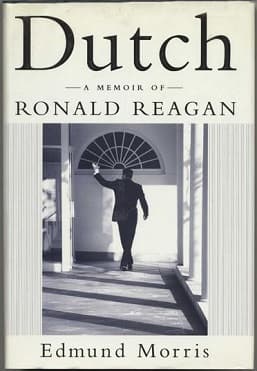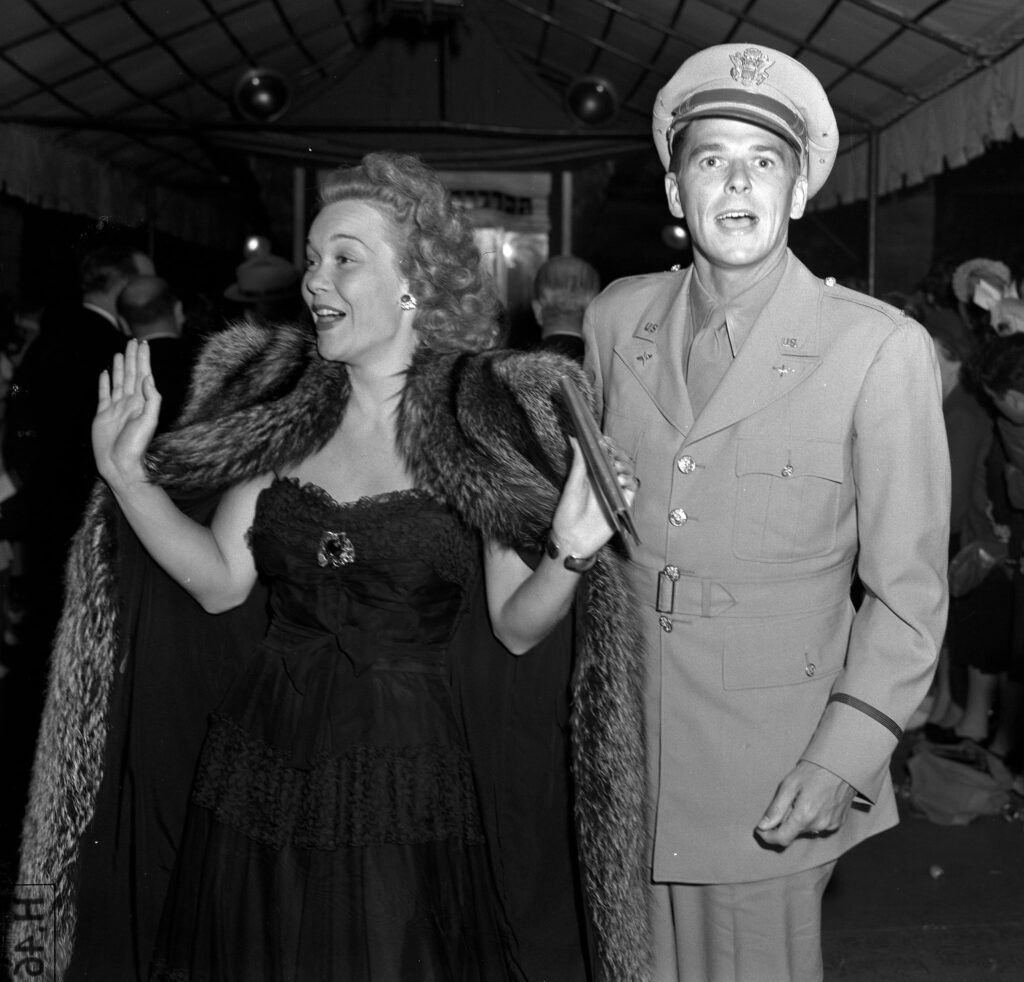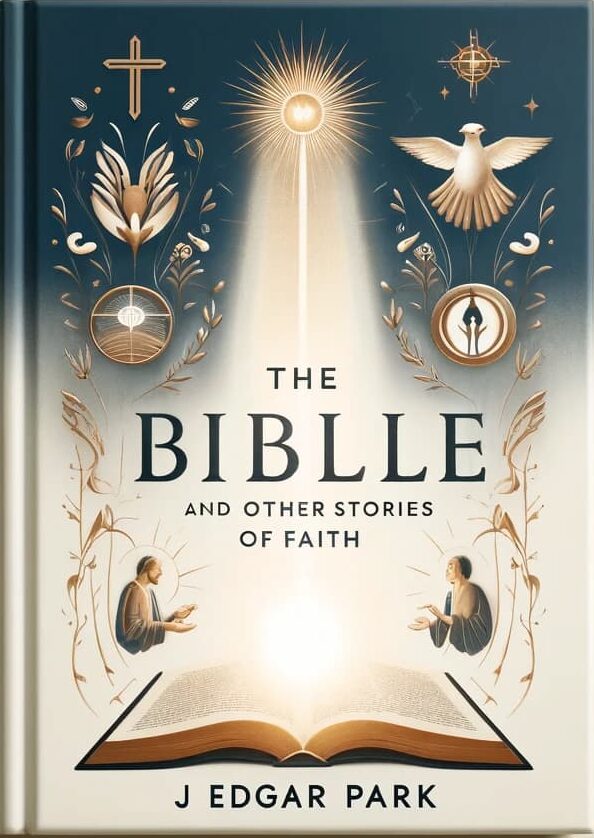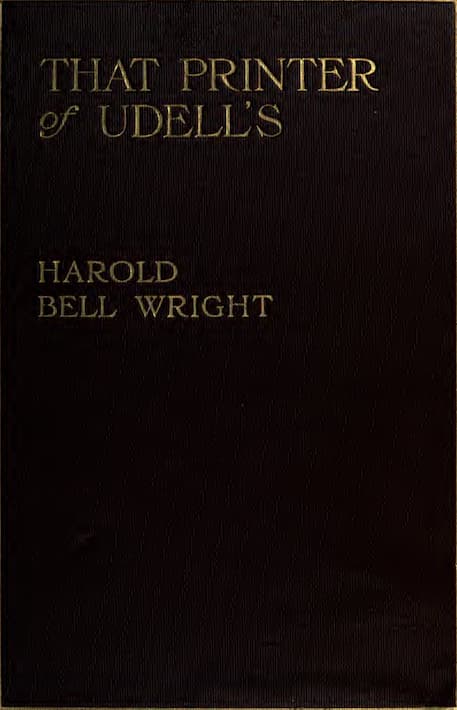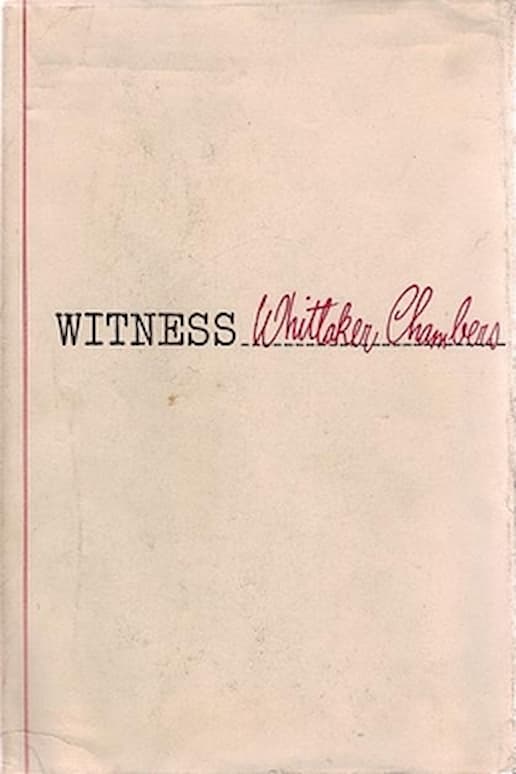Dutch: A Memoir of Ronald Reagan by Edmund Morris stands out as one of the most unconventional and thought-provoking biographies ever written on a U.S. president. Commissioned as an authorized biography, Morris—a Pulitzer Prize-winning author—takes an unusual approach, blending fact and fiction to portray Reagan’s life. Dutch provides a rare and imaginative look at Reagan, shedding light on the complexities of his personality and the mystique surrounding him. Although controversial, the memoir remains an intriguing read that brings readers closer to understanding “Dutch,” the man behind the public persona.
An Unconventional Approach to Biography
Rather than a traditional biographical narrative, Dutch uses a fictionalized version of Morris himself as a character who interacts with Reagan at different points in his life. This fictional technique allows Morris to explore Reagan’s elusive character in a way that standard biography might not. Throughout the memoir, Morris recounts Reagan’s childhood, acting career, and rise to the presidency, capturing moments that reveal Reagan’s charm, optimism, and sometimes puzzling detachment from reality. This creative approach brings readers into Reagan’s world, offering both admiration and critique.
The Early Years: Reagan’s Roots and Values
In Dutch, Morris dives into Reagan’s formative years in Illinois, where Reagan, nicknamed “Dutch” by his father, learned values that would shape him as a leader. Reagan’s early experiences are narrated with a mix of historical detail and fictionalized accounts, capturing the emotional and psychological landscape of his youth. These early chapters highlight his close relationship with his mother, Nelle, and his father, Jack, whose struggles with alcoholism deeply affected Reagan. Morris suggests that these early years instilled in Reagan a resilience and self-reliance that would carry him through his career.
Hollywood and the Political Awakening
Morris then transports readers to Reagan’s Hollywood years, portraying his journey from a young radio announcer to an accomplished actor. Hollywood was where Reagan developed his charisma and speaking skills, which later became hallmarks of his political style. In Morris’s unique style, Dutch explores how Reagan’s experiences with communism in the film industry played a critical role in shaping his conservative ideology. This ideological transformation set the stage for Reagan’s later career as a prominent spokesperson for conservative values and, eventually, as governor of California.
Presidential Years: Achievements and Mysteries
The memoir presents Reagan’s presidency as a mix of policy successes and enigmatic leadership. Morris recounts the Reaganomics policies that aimed to reduce taxes and government intervention, while also addressing controversial aspects of Reagan’s legacy, such as the Iran-Contra affair. Through Morris’s fictional lens, Reagan appears as both determined and distant, often surprising his own advisors with his firm yet unconventional approach to issues. Reagan’s foreign policy, particularly his role in ending the Cold War, is portrayed with admiration, yet Morris does not shy away from exploring the contradictions in Reagan’s personality.
The Private Side of Reagan
One of the highlights of Dutch is Morris’s depiction of Reagan’s personal life. Known for his humor, charm, and unwavering optimism, Reagan was a man who connected with people easily but remained elusive even to those closest to him. Morris paints a picture of a deeply private individual, whose sunny disposition masked a complex inner life. The memoir provides insight into Reagan’s relationships, particularly with his wife, Nancy, and explores his battle with Alzheimer’s disease, which ultimately led to his departure from public life.
Controversy and Legacy
Dutch was met with both praise and criticism upon release, largely due to Morris’s blend of biography and fiction. Some historians and readers questioned the ethics of fictionalizing a real-life figure, while others appreciated the innovative approach Morris took to reveal the essence of Reagan’s character. Despite the controversy, Dutch remains a unique contribution to the literature on Reagan, challenging readers to see beyond the surface of Reagan’s public image.
Why Read Dutch: A Memoir of Ronald Reagan?
Dutch: A Memoir of Ronald Reagan is essential reading for those interested in a distinctive portrayal of Reagan. Edmund Morris’s imaginative approach provides readers with a multifaceted view of a president who continues to inspire and polarize Americans. This memoir allows readers to explore Reagan’s personality, achievements, and mysteries, presenting him as a figure whose influence endures.
A list of Ronald Reagan’s 8 Favorite Books
A list of Books on Ronald Reagan
Dutch: A Memoir of Ronald Reagan on Wikipedia
